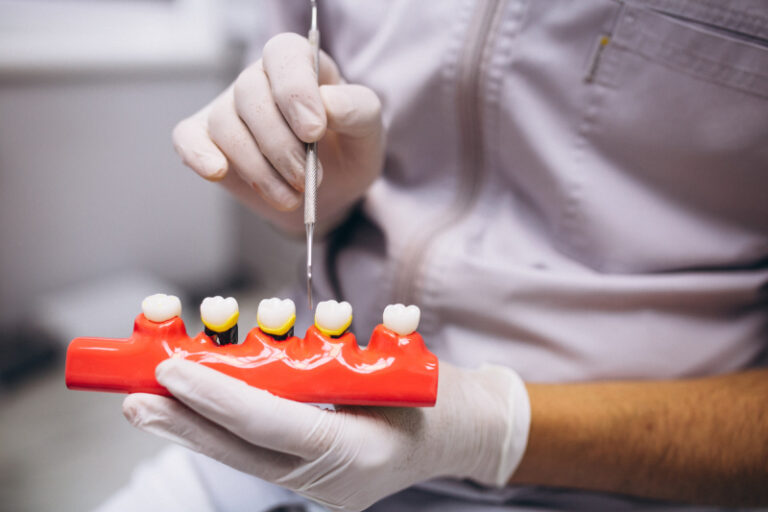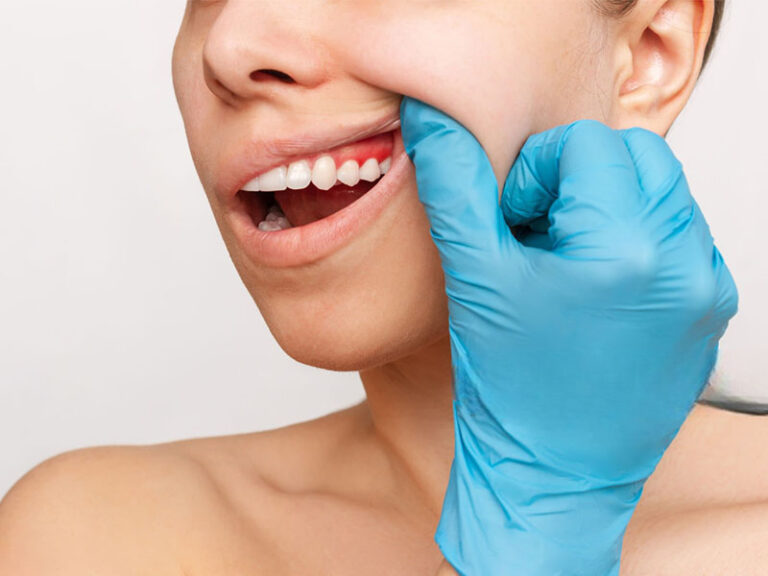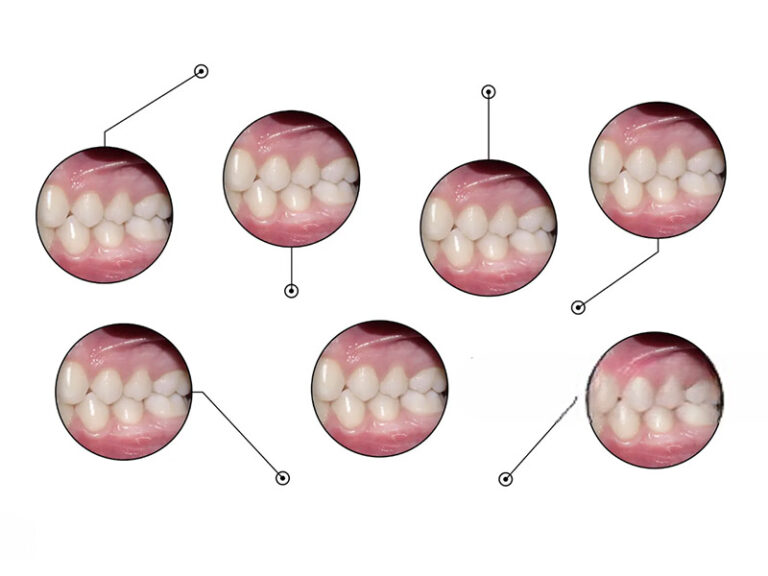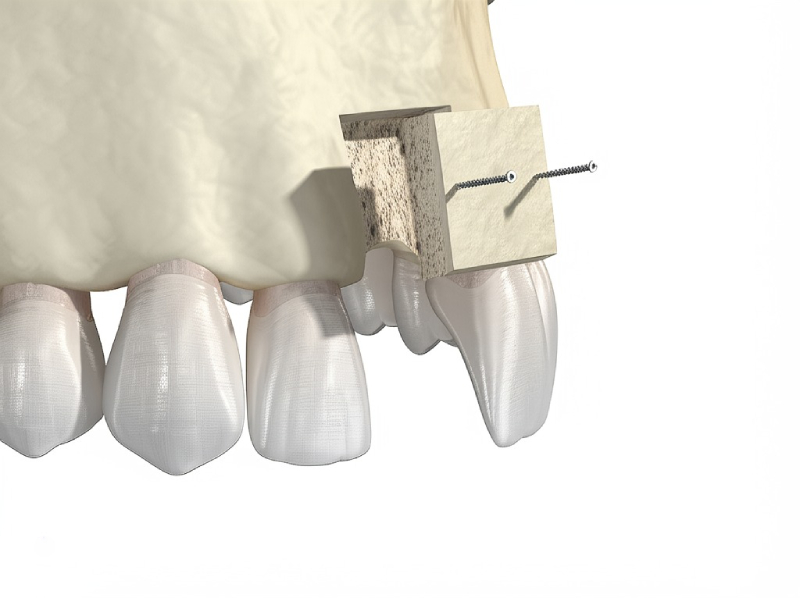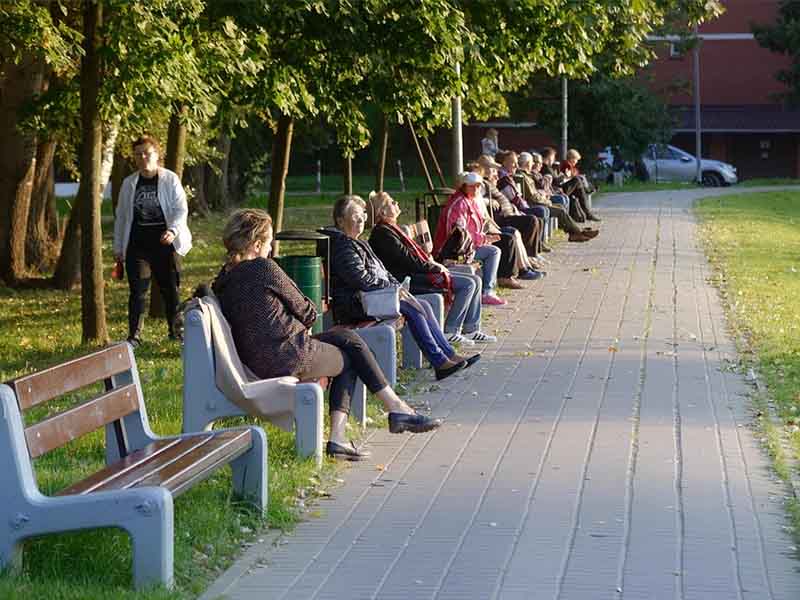
Tooth Loss in Older Adults: What You Need to Know
Losing teeth can be a big problem for many older adults. It changes the way you eat, talk, and even how you feel about yourself. In this article, I’ll talk about what tooth loss means, why it happens, and, most importantly, what you can do about it. You’ll get simple answers to your questions, see how losing teeth affects your whole body, and learn about ways to help you smile with confidence again. If you’re worried about losing teeth or want to keep your healthy smile as you grow older, this guide is for you.
Table of Contents
What Is Tooth Loss (Edentulism) in Older Adults?
Imagine biting into a crisp apple or sharing a joke with friends. Healthy teeth make that easy. Edentulism is when you don’t have any of your own teeth left, but a lot of older folks lose just a few. Losing teeth does more than just affect your mouth—it can change your bones, eating habits, and even your self-esteem.
Tooth loss isn’t unusual. Actually, the World Health Organization and the Centers for Disease Control and Prevention (CDC) say that about 20-30% of people over 65 have lost all their teeth. Many more people have lost one or two teeth. People used to think losing teeth was just a normal part of getting older, but it really doesn’t have to be.
Why Do Seniors Lose Teeth?
Let’s talk about the reasons behind losing teeth. It’s not just bad luck or old age. There are real causes, and many of them can be prevented or stopped.
Gum Disease (Periodontal Disease)
Gum disease is the top reason. It starts out as gingivitis—that just means red, swollen gums that bleed when you brush. If you don’t treat it, it can turn into periodontitis. This means germs and swelling eat away at the bone and tissue holding your teeth in place. Not brushing well, smoking, diabetes, getting older, and even your family history can play a part. Think of it like bugs slowly chewing up a wooden house.
Cavities and Root Decay
Older folks get more cavities, especially where the gums shrink and leave the roots bare. A dry mouth, or xerostomia, often happens from medicines or health problems, and it makes everything worse. Saliva helps protect teeth, so if your mouth gets dry, teeth can get weak and start to rot faster.
Injuries and Trauma
Sometimes it’s just slipping in the bathroom or an accident. A hit to the mouth can mean a broken, chipped, or even a lost tooth. If your bones are thin because of osteoporosis, jaw injuries can be even worse.
Health Problems and Medicines
Your mouth and body work together. Diseases like diabetes, heart problems, and osteoporosis can make teeth and gums weak. Lots of medicines dry out your mouth, making things worse.
Wear and Tear Over Time
If you grind your teeth or clench your jaw (this is called bruxism), you put extra force on your teeth. Like your favorite shoes, teeth can wear out too!
Not Taking Care of Your Teeth
If you skip brushing, forget flossing, or never see the dentist, you’re asking for trouble. Plaque builds up, hardens into tartar, and germs have a field day.
How Common Is Tooth Loss in Seniors?
Check out these numbers:
| Age Group | Average Number of Teeth Left (out of 28) | Complete Tooth Loss (%) |
|---|---|---|
| 65+ | 18.9 | 20-30% |
| Living in poverty | 12.0 | 33% |
| Not in poverty | 20.0 | 14% |
Source: CDC, WHO
As you can see, people who don’t have much money lose even more teeth. Not being able to go to the dentist or not having dental insurance makes it even harder.
What Happens to Health When You Lose Teeth?
Losing teeth doesn’t just mess with your smile. It can mess with your health.
Chewing and Digestion
Without teeth, it’s hard to chew. That means you might skip healthy foods like apples, raw veggies, or nuts. Swallowing big pieces of food hurts your stomach, and can lead to tummy pain and poor digestion.
Jawbone Shrinking and Changes in Your Face
Teeth keep your jaw strong because each time you bite, they send a little signal to your bone. Take out a tooth, and the bone around it will start to shrink—that’s bone loss. Over time, your face can change. Your mouth may sink in and your cheeks might look flat.
Tooth Loss and Confidence
Missing teeth make some people stop smiling in photos or stay quiet in groups. Feeling embarrassed or avoiding friends can lead to feeling down or having low self-worth. It’s not just about looks—it’s about feeling good about yourself.

Can Tooth Loss Affect Nutrition and Eating?
Here’s the big problem: Eating is hard when you don’t have strong teeth.
- You might skip meats, fruits, or whole grains because chewing hurts.
- Soft, easy-to-chew foods are often less healthy—think cookies, white bread, and mashed potatoes.
- Not getting enough good food and losing weight can become big problems. Studies show older folks with fewer than 20 teeth eat less fiber and more unhealthy fat.
If you don’t eat well, your whole body can suffer. The health of your mouth is tied to your heart, brain, and bones too.
Does Tooth Loss Change How You Talk or Look?
Ever tried talking without your front teeth? Some sounds—like “th” or “f”—are tough. Gaps in your smile make some words hard to say. Some people mumble or feel shy when they talk.
Missing teeth also change how you look. Your upper and lower jaw can shrink. Lips and cheeks lose their support, so you might look older.
What About Gum Disease and Its Link to Other Illnesses?
Here’s something a lot of people don’t know: Your mouth and body are connected.
Gum disease germs can move from your mouth into your blood. Scientists have found links between gum problems and:
- Heart attacks and other heart problems
- Lung infections (when bugs from your mouth get into your lungs)
- More trouble with diabetes
- Higher chance of mouth cancer
If you ignore gum disease, you might be risking more than just your smile.
How Can You Prevent Tooth Loss as You Age?
You know what’s wrong—now let’s fix it! It’s never too late to save your teeth.
Keep Up Good Habits
- Brush your teeth two times a day with a soft or electric toothbrush.
- Use water flossers or regular floss to clean between teeth.
- Rinse with fluoride mouthwash.
- Make sure to clean dentures and bridges every day—don’t just leave them in water!
See Your Dentist Regularly
Get your teeth cleaned and checked by a dentist so you can catch problems before they hurt. Two visits every year is a good start. If you have dentures or implants, your dentist checks to see if they still fit you.
Deal With Dry Mouth
If your medicine causes dry mouth, talk to your doctor or dentist. Sip water a lot. Try sugar-free candies with xylitol or use mouth wetting sprays. Sometimes your doctor can switch your medicine.
Eat Healthy Foods
Pick foods with calcium and vitamin D to keep bones strong. Eat fewer sweets, sodas, and alcohol—these all hurt teeth and gums. Crunchy fruits and veggies help clean your teeth as you eat them.
Take Care of Other Health Problems
Keep your blood sugar controlled if you have diabetes. Watch your blood pressure and heart health. Usually, what’s good for your body is good for your mouth too.
Don’t Smoke
Quit tobacco in any form. Smoking is the biggest risk for losing teeth and jawbone. It also makes gum disease worse and slows healing.
What Treatments Are Available for Tooth Loss?
Lost a tooth? It’s not the end of the world. You have choices today that can get your smile and bite back.
Dental Implants: The Best Option
A dental implant is kind of like a fake root made of metal, put where your tooth was. It sticks to your jawbone and keeps it strong. Then a new, made-to-fit tooth sits on top.
- Implant-supported dentures and All-on-4 systems give you a full, strong set of teeth.
- Implants keep your jawbone from shrinking better than anything else.
- They last 95-98% for at least 10 years, even for older folks. But you need healthy gums and enough bone.
Dentures: Full or Partial
Dentures are a common, affordable way to give you teeth again.
- Full dentures replace all teeth in one row (top or bottom).
- Partial dentures fill the gaps when you still have some real teeth left.
- You take them out at night to clean them. Sometimes they need fixing to feel right.
Dentures might slip or feel weird at first, but you’ll get used to eating and talking with them quicker than you think.
Dental Bridges
A bridge bridges the gap where you lost teeth. The teeth next to the space hold it in place. It stays in your mouth and stops other teeth from moving.
How Do You Adapt to Dentures, Implants, or Bridges?
Getting used to new teeth feels odd at first. Most people say it gets easier every day.
Eating With New Teeth
Try soft foods first. Cut your food into small bites. Chew slow and use both sides of your mouth. Start with things like yogurt, eggs, fish, and cooked veggies. When you’re ready, try harder foods.
Speaking Clearly
Reading out loud or practicing tough words helps your mouth get used to your new teeth. You’ll sound like yourself soon.
Taking Care of Your New Teeth
Dentures and implants need care too. Clean dentures every day with a soft brush and special cleaner. Don’t use hot water—it’ll change their shape. With implants, brush and floss just like you would with your real teeth.
Table: Care Tips for Dental Appliances
| Appliance | Cleaning Steps |
|---|---|
| Dentures | Brush every day with denture cleaner; soak each night |
| Implants | Brush, floss, and use water flosser |
| Bridges | Use threaders or water pick to clean under them |
When Should You See the Dentist?
Don’t wait until something hurts! See your senior dentist or prosthodontist if you notice:
- Gums that bleed quickly
- Teeth that feel loose
- Soreness, swelling, or bumps in your mouth
- Chewing hurts or you have new bad breath
- Changes in how your dentures or implants fit
Act fast to save your teeth and catch serious problems early.
Frequently Asked Questions (FAQ)
Q: Is it normal to lose teeth as you get older?
A: It’s common but not normal. With good care, you can keep most or all of your teeth for life.
Q: Can people with heart disease or diabetes get dental implants?
A: Yes, often they can—if their mouth is healthy and their doctors make a plan together.
Q: Are dentures uncomfortable or hard to wear?
A: At first, dentures can feel strange. Most people get used to them after a few weeks, and adjustments make them fit better.
Q: What if I can’t afford dental care?
A: Medicare, Medicaid, and community clinics sometimes help with costs. Ask your dentist’s office for advice.
Summary: Main Things to Remember
- Losing teeth isn’t automatic with age—good care helps you keep your teeth for life.
- Gum disease and cavities are the main reasons for tooth loss in older adults.
- Losing teeth changes how you eat, talk, look, and feel about yourself.
- Tooth loss can hurt nutrition, digestion, and mental health.
- Mouth infections can lead to heart, lung, and diabetes problems.
- Brush, floss, see the dentist, and eat right to stop tooth loss.
- Implants, dentures, and bridges can bring back your smile.
- Go to the dentist fast if you notice anything different in your mouth.
- Many ways exist to help with dental bills—so don’t let money stop you.
Look after your teeth, and they’ll look after you. If you have questions or want to learn how to keep or fix your teeth, book a check-up with your dentist today. Your smile, your health, and your happiness matter!
References:
- World Health Organization. Global Oral Health Status Report, 2022.
- Centers for Disease Control and Prevention. Dental Cavities and Tooth Loss in Adults, United States, 2011–2014.
- American Dental Association. Oral Health Topics: Dentures and Implants.
- Journal of the American Geriatrics Society: Impact of tooth loss on nutrition.
- American Academy of Periodontology. Systemic Health Link.
- National Institute of Dental and Craniofacial Research (NIDCR): Oral Health for Older Adults.

